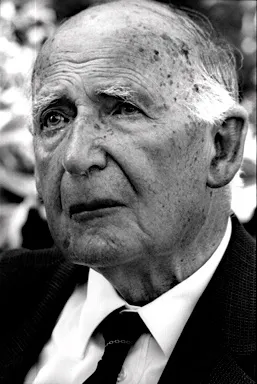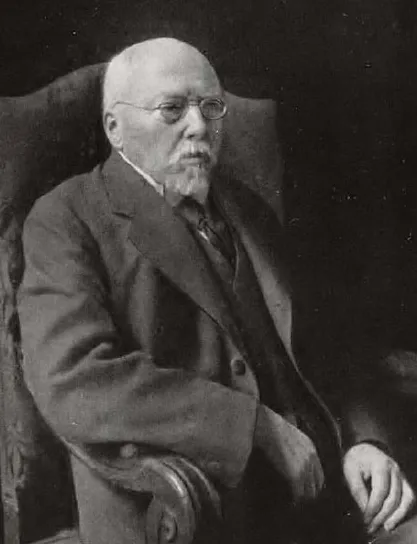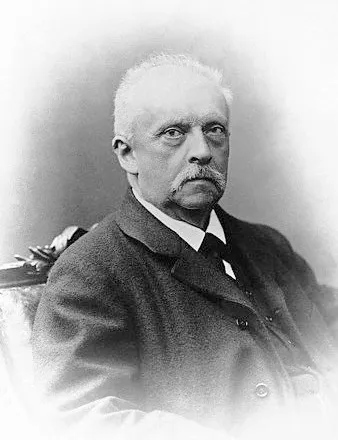
Birth: Raymond Williams was born in 1921.
Nationality: He was Welsh.
Profession: Williams was an author and academic.
Contributions: He was a key figure in cultural studies and literary criticism.
Notable Works: Some of his notable works include 'Keywords' and 'Culture and Society'.
Death: Raymond Williams passed away in 1988.
1921 – Raymond Williams, Welsh author and academic (d. 1988)
In the bustling backdrop of 1921, a year that bore witness to the aftermath of World War I and the onset of significant social change in Europe, Raymond Williams emerged into a world teeming with potential and complexity. Born into a modest family in the rural heartland of Wales, his early years were steeped in both the quietude of pastoral life and the burgeoning waves of industrialization that began reshaping British society. His father, a coal miner, imbued within him an understanding of working-class struggles, while his mother’s nurturing spirit cultivated his love for literature.
From these humble beginnings arose a mind destined to challenge conventional thought. Williams was not merely a spectator; he was driven by an insatiable curiosity about culture and its role within society. His academic journey began at Cambridge University a pivotal moment in which he encountered ideas that would later inform his radical perspectives on culture and class. However, this prestigious institution was not without its own challenges for him as a working-class student navigating elite intellectual circles.
Ironically, it was during this time that Williams’ views began to crystallize; he noticed how cultural production often mirrored societal hierarchies. He started writing fervently about these themes while exploring concepts like 'culture' beyond mere aesthetic pleasure proposing instead that it is inherently tied to societal structures and power dynamics.
The late 1950s marked another turning point when Williams published “Culture and Society,” arguing against traditional notions by asserting that culture must be understood through historical context rather than as an isolated phenomenon. This work resonated with many who felt marginalized by prevailing cultural narratives dominated by elites. Perhaps this was where Williams’ true legacy took root: his profound understanding of how literature could serve as both reflection and critique of social conditions a concept still relevant today.
Despite this rise to prominence, life dealt its challenges even as he became celebrated within literary circles. Throughout the 1960s and beyond, Williams remained deeply engaged with political movements the labor movement particularly captured his heart as it echoed the struggles he witnessed in his youth back in Wales. In many ways, one might argue he became the voice for those who felt voiceless: advocating for socialist ideals while simultaneously championing creative expression across varied forms from plays to essays creating an amalgamation of activism through art.
This blend allowed him to forge connections between disparate groups; from academia to grassroots movements the essence being the same: liberation through understanding one’s own narrative amidst larger societal frameworks! It wasn’t just theory but lived experience shaping every word he penned!
Williams’ impact didn’t stop at academic discourse; it reverberated across popular culture too! As media evolved rapidly television becoming omnipresent in households he adeptly analyzed its implications on society. His book “Television: Technology and Cultural Form” challenged audiences to consider not just what they consumed but why they consumed it! The clarity with which he articulated complex ideas made them accessible even compelling to individuals outside academia's walls!
This approach endeared him further among generations who viewed art as inseparable from their identity and who knows? Perhaps today’s fascination with 'authenticity' stems from these very debates Williams initiated decades prior... Yet there lies irony here too! Despite being revered for bringing sociocultural critiques into mainstream dialogue, towards his later years some critiques emerged suggesting certain elitism persisted even within progressive spaces a reminder perhaps that no ideology is free from contradiction...
As fate would have it, Raymond Williams passed away in 1988 leaving behind not only books filled with rich insights but also legacies woven intricately into various disciplines like sociology or media studies which continue evolving under contemporary lenses! Historians recount stories reflecting upon how posthumously published works further spurred conversations around globalization influencing local cultures or discussions surrounding identity politics merging arts & activism seamlessly.
The shockwaves generated by William’s life resonate strongly even now nearly four decades since we last heard from him physically! Who would’ve guessed? Today’s activists still wield pens echoing sentiments shaped by echoes long ago forged through writings carried forth across generations! Whether critiquing modern capitalism or examining internet-driven identities... all stemming back down corridors traced where once stood Raymond himself pondering deep questions about society!
A testament really to think thoughts alive eternally intertwined regardless time passing or shifts occurring around them for every modern scholar grappling deeply what means ‘culture,’ there lies Raymond's spirit hovering gently urging inquiry onward…









